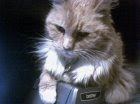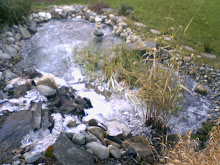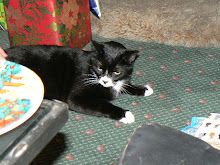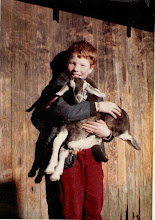There is an old Norse legend, perhaps best known through Wagner’s opera Siegfried, that he who drinks the blood of dragons will be gifted with the ability to understand the language of birds. In that legend, Sigurd (or Siegfried) slays the dragon Fafnir and then either bathes in and takes a celebratory chug-a-lug of his enemy’s blood or just accidently gets some blood in his mouth, depending on what folkloric version you favor. Either way, Sigurd doesn’t learn any pithy lessons about being careful what you put in your mouth, because he mostly gets a lot of helpful oracular advice from his feathered friends.
That said and Niebelung legends aside, perhaps my favorite representation of the dragon’s blood legend appears in Newbery Honor author Nancy Farmer’s wonderful blend of historical fiction and myth-inspired adventure, The Sea of Trolls, in which young Saxon Jack and his Viking captors encounter dragons, trolls, giant spiders, and more, when they embark on a series of adventures rooted in Norse legend. In Farmer’s representation, Viking berserker-initiate Jill becomes infected with dragon’s blood and discovers it’s a bit more of a mixed blessing than the story of Sigurd suggests. She learns that while the avian population might chirp up some good gossip, such as whether your enemies are massing over the next hill, mostly they just do a lot of what my dad used to call nattering and gromishing. That is to say, they talk a lot about very little.
So where am I headed with this? Well, Farmer’s musings on dragon’s blood and the language of birds provide as good a metaphor as any for the infamous social networking and micro-blogging service Twitter, currently under exploration for its value in the world of libraries.
While I see a certain potential value in Twitter as an up-to-the minute communication tool for far-flung and “virtual” work teams (virtual, that is, in the sense of teams working together in an online or virtual environment such as email, blogging, or twittering), Twitter can also represent a time and productivity drain for workplaces and a hotbed for missing and missed communications if not used properly or if too heavily or inappropriately relied upon as a communication tool. Still, keeping that concern in mind, there can be some big pluses for team Twittering. Just by way of example, while I was logged onto Twitter for krl2pt0 purposes I observed KRL Training Coordinator Bob Christensen’s of-the-moment update that he had posted new materials on the krl2pt0 site. Hmmm. Imagine if I were working on a time-sensitive project and looking for input from teammates. The entire work team could be instantly directed to Bob’s input and ideas even as he produced them. So… In a nutshell, Twitter strikes me as best designed for time-sensitive virtual team projects and committees. As far as the social aspect of Twitter goes, look no further than the metaphor of the birds to see what I think and whether I will use it that way.
Here Be Some Real Dragons: Bitterwood, by James
 Maxey
MaxeyOn a dragon-related note, I recently finished an outstanding new entry in the dragon/fantasy/science fiction genre, Bitterwood, by genre newcomer James Maxey. Read my brief review here. Call me a sucker for well-crafted words, but I am a big fan of the dragons of J.R.R. Tolkien’s The Hobbit and Ursula K. LeGuin’s A Wizard of Earthsea, who are both fascinated by and distracted by a little well-honed argument—well, at least in the Aristophanic sense.* Maxey’s articulate, sometimes contemplative, and often rhetorically-driven dragons—particularly the ultra-evil “murder god” Blasphet—fit the bill perfectly. Then again, if you're like my husband and you prefer your dragons to stick with pillaging and carnage, Maxey offers a healthy portion of that, too. Maxey's slow unfolding of remnants of misunderstood and forgotten technology in a post-apocalyptic future landscape will also attract fans of Gene Wolfe’s Book of the New Sun and Book of the Long Sun, even as they remind us of the Arthur C. Clarke maxim that “Any sufficiently advanced technology is indistinguishable from magic.” (Starred review in Publishers Weekly and Booklist.)
*In his comedy Clouds, Aristophanes posits a Socratic School where young Greek youths learn rhetoric to argue the Wrong Argument and defeat the Right Argument. His characters attend this school to learn to argue their debts away, and comic mayhem ensues. My Point? Dragons, like Aristophanes' students in Clouds, are known to value argument for the sake of argument and as a means to justify questionable (often monetary) ends.




.jpg)




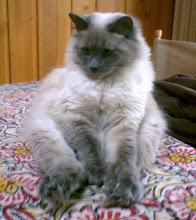
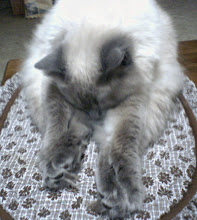.jpg)

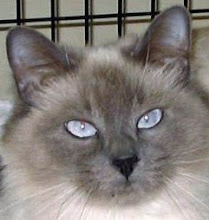

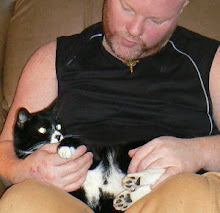
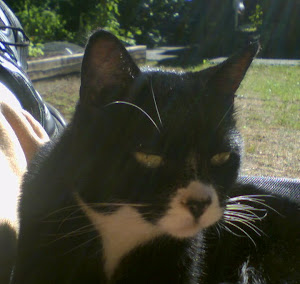
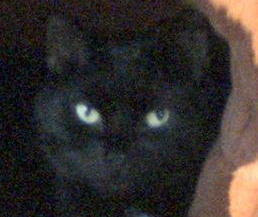.jpg)
